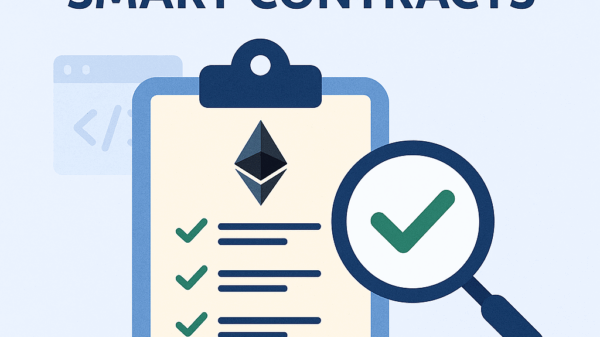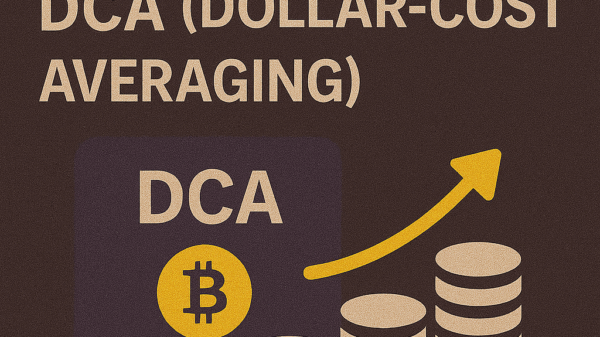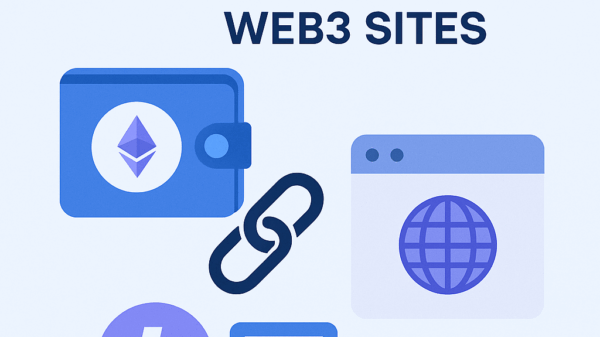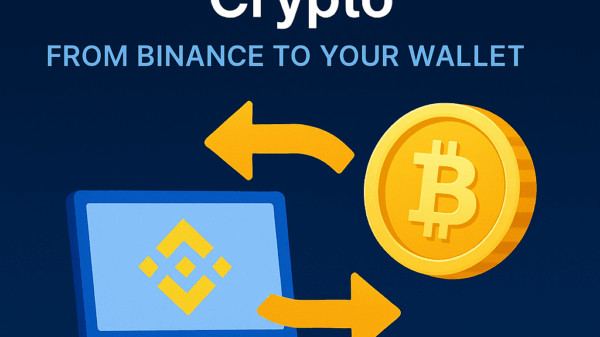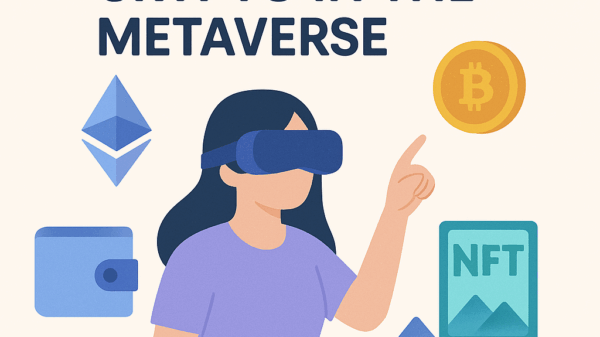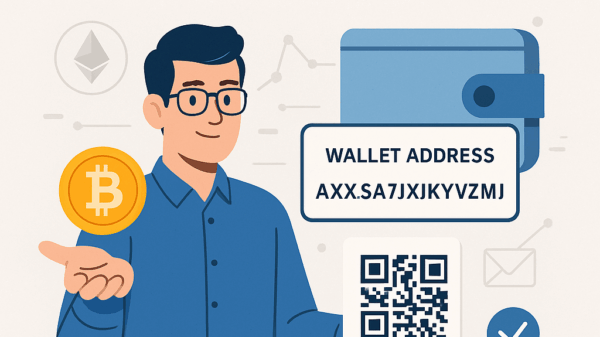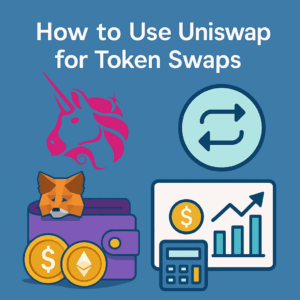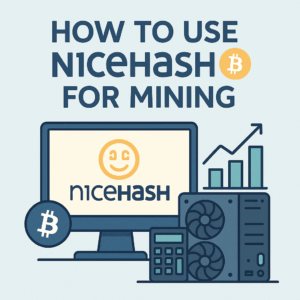How to Avoid Mining Scams
By Jason Miller – Crypto Writer 10.expert 🧠 Covering Bitcoin, altcoins, blockchain & Web3.
As a crypto writer and analyst, I’ve witnessed firsthand the incredible growth and innovation within the mining sector. But with every bull run and technological advancement, a darker side emerges: scams. Unfortunately, the allure of quick profits in mining makes it a prime target for fraudsters. From fake cloud mining platforms to fraudulent hardware sales, phishing attempts, and Ponzi schemes disguised as mining operations, the landscape is riddled with traps.
The key to navigating this treacherous terrain is vigilance, skepticism, and thorough due diligence. Remember, if something sounds too good to be true, it almost certainly is. In 2025, scammers are more sophisticated than ever, utilizing AI, deepfakes, and highly convincing fake websites to ensnare unsuspecting victims.
Let’s equip you with the knowledge to identify and avoid these mining scams.
How to Avoid Mining Scams: Protect Your Investment and Peace of Mind 🔒🚫
The crypto mining world offers genuine opportunities, but it’s also a hunting ground for scammers. Learn to spot the red flags and protect your hard-earned capital.
Beware of Unrealistic Promises & Guaranteed High Returns 🚩
- Too Good to Be True: Any platform or individual guaranteeing fixed, high daily, weekly, or monthly returns (e.g., “5% daily profit!”) is a major red flag. Crypto mining profitability fluctuates wildly with coin prices, network difficulty, and electricity costs. Guaranteed returns are impossible.
- Low Risk, High Reward: Scammers often pair impossible returns with claims of “zero risk” or “guaranteed profits.” Legitimate investments always carry risk.
Scrutinize Cloud Mining Platforms ☁️
Cloud mining, where you rent hash power, is a common scam vector.
- Lack of Transparency: Legitimate cloud mining operations will provide details about their data centers, specific hardware, power sources, and transparent pricing. Scammers will be vague, use stock photos, or offer “live tours” that are pre-recorded.
- Unverifiable Operations: Can you verify their mining operations (e.g., links to public mining pools showing their hash rate, real-time dashboards)? If not, be highly suspicious.
- No Free Trials (Beware of “Free” Too): While some legitimate services offer small free trials, many scams lure users with attractive “free mining” offers that turn into deposit traps.
- Forced Reinvestment/Withdrawal Issues: Scammers will often show fake profits on a dashboard but then introduce new conditions, high fees, or require more deposits before you can withdraw. Once you try to withdraw, they vanish.
Verify Mining Hardware Sellers 🛒
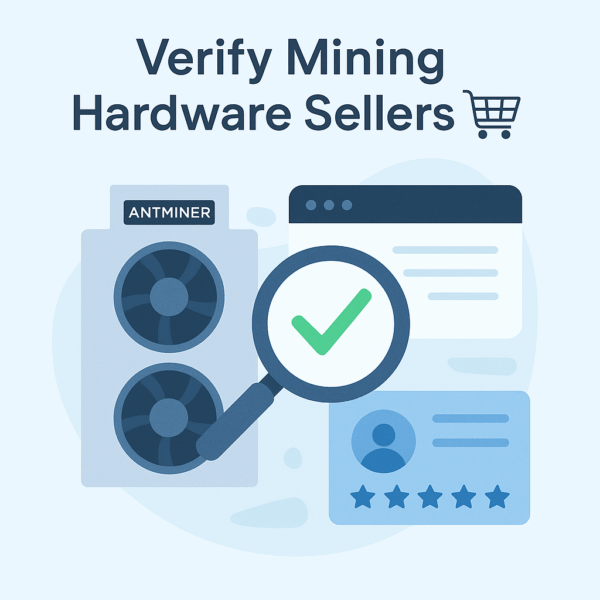
Buying ASICs or GPUs can be risky.
- Suspiciously Low Prices: If a brand-new, top-tier ASIC is being sold for significantly below market value, it’s almost certainly a scam (e.g., an Antminer S21 for the price of an S9).
- Unusual Payment Methods: Be wary of sellers demanding payment solely in crypto, gift cards, or unconventional methods with no buyer protection. Stick to reputable platforms with escrow or credit card protection where possible.
- Lack of Physical Proof: Demand real-time video calls, specific serial numbers, or verifiable shipment tracking. Stock photos or generic videos are red flags.
- Unofficial Channels: Stick to official manufacturers’ websites (Bitmain, MicroBT, Canaan, Goldshell) or their explicitly authorized distributors. Be very cautious with social media ads or unknown websites.
Watch Out for Phishing and Fake Websites 🎣
- Impersonation: Scammers create websites, emails, and social media profiles that mimic legitimate mining pools, hardware sellers, or crypto exchanges.
- Domain Name Scrutiny: Always double-check the URL. Scammers use subtle misspellings (e.g., “https://www.google.com/search?q=NiceHaash.com” instead of “NiceHash.com”) or different top-level domains (.net instead of .com). Bookmark official sites.
- Unsolicited Communications: Be suspicious of unexpected emails, texts, or direct messages (e.g., Telegram, WhatsApp) from “support” or “admins” asking for personal info, private keys, or to click suspicious links. Legitimate companies rarely initiate contact this way for sensitive matters.
Do Your Own Thorough Research (DYOR) 📚
- Company Background: Investigate the company’s history, registration, team members (do they have real, verifiable LinkedIn profiles?), and track record. Look for inconsistencies.
- Community Feedback: Search for the company/platform name on Reddit, Twitter, Telegram, and crypto forums. Look for genuine user reviews, not just generic positive testimonials on their own site. Be wary of groups with too many bots or deleted negative comments.
- Whitepaper/Documentation: For any new project or “mining app,” read their whitepaper. Is it well-written, detailed, and technically sound, or is it vague, plagiarized, or full of buzzwords with no substance?
Protect Your Private Keys and Personal Information 🔑
- NEVER Share Private Keys/Seed Phrases: No legitimate entity (exchange, pool, mining software support) will ever ask for your private keys, seed phrase, or 2FA codes. Giving these away is giving away access to your funds.
- Beware of Remote Access Software: If someone asks you to download remote desktop software (e.g., AnyDesk, TeamViewer) to “help” with your mining setup, it’s likely a scam to gain control of your computer and steal your crypto.
Question Multi-Level Marketing (MLM) Structures 👯♀️
- Pyramid Schemes: Many mining scams integrate MLM elements, where you earn commissions for recruiting new “miners.” This is a classic Ponzi scheme characteristic: early investors are paid with funds from new investors, not from actual mining revenue.
- High Referral Bonuses: Extremely generous referral bonuses are a red flag, indicating a focus on recruitment over legitimate operations.
Verify Regulatory Compliance ⚖️
- Licenses/Registrations: Check if the company is registered with relevant financial authorities in their claimed jurisdiction. While crypto regulations are evolving, legitimate businesses will strive for compliance.
- KYC/AML Procedures: Legitimate exchanges and cloud mining platforms will require KYC/AML for fiat withdrawals. Scammers often bypass this, which can seem convenient but is a huge red flag for a financial service.
Be Skeptical of Unsolicited “Investment Managers” 🤵♂️
- Cold Calls/Messages: If someone contacts you out of the blue, claiming to be an “investment manager” who can quickly grow your mining profits or manage your crypto, be extremely cautious. This is a common tactic for investment fraud.
Watch for Pressure Tactics & Urgency ⏰
- “Limited Time Offer!”: Scammers create a false sense of urgency to pressure you into making quick decisions without proper research. “Invest now before the price skyrockets!” or “Limited spots available!”
- Emotional Manipulation: Scammers often build rapport (sometimes even romantic relationships, known as “pig butchering” scams) before pressuring you to invest.
Check for Redundant Contact Information 📞
- Legitimate companies will have multiple, verifiable contact methods (phone numbers, official email addresses, physical addresses). Scammers often provide only a Telegram handle or a generic email.
Monitor Your Accounts Regularly 🔍
- Keep a close eye on your mining pool dashboard, exchange accounts, and wallets for any unauthorized activity or discrepancies in reported hashrates/earnings versus actual payouts.
Use Reputable Wallets and Exchanges 💼
- For storing your mined coins, stick to well-established, audited hardware wallets (Ledger, Trezor) or reputable software wallets.
- For selling coins, use large, regulated centralized exchanges (Coinbase, Kraken, Binance, Gemini) with a proven track record.
Report Suspected Scams 🚨
- If you encounter a scam, report it to relevant authorities like the FTC (Federal Trade Commission), FBI (Internet Crime Complaint Center – IC3), or your local consumer protection agencies.
- Report suspicious websites/profiles to platform administrators (e.g., Twitter, Telegram, Google).
Stay Informed and Educated 🧠
- Follow reputable crypto news sources and analysts (like yours truly!).
- Understand the fundamentals of how mining works (Proof-of-Work, algorithms, difficulty). The more you know, the harder it is for scammers to trick you.
In the fast-paced world of crypto mining, vigilance is your best defense. By staying informed and applying a healthy dose of skepticism, you can significantly reduce your risk of falling prey to fraudulent schemes and keep your mining journey profitable and secure.

